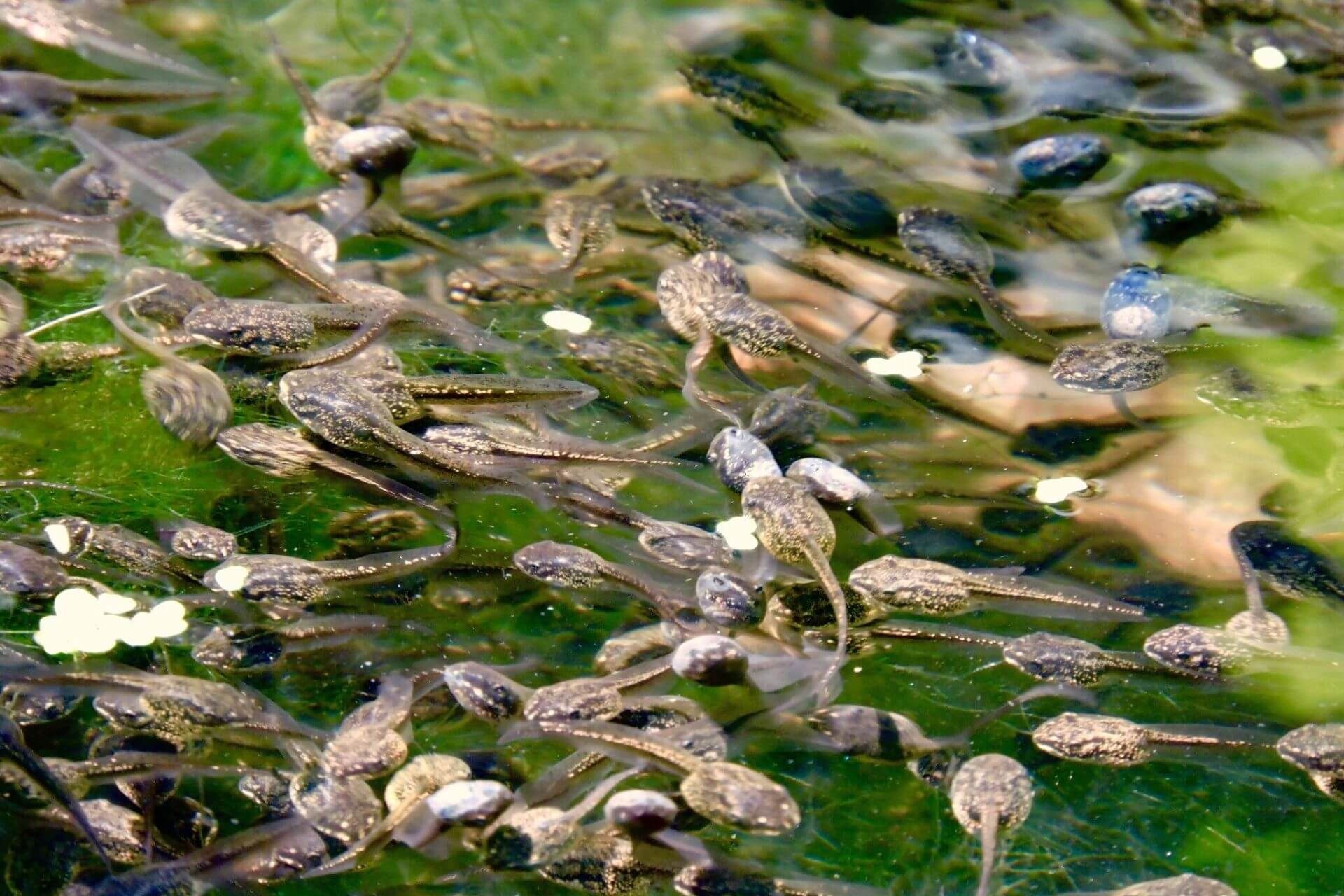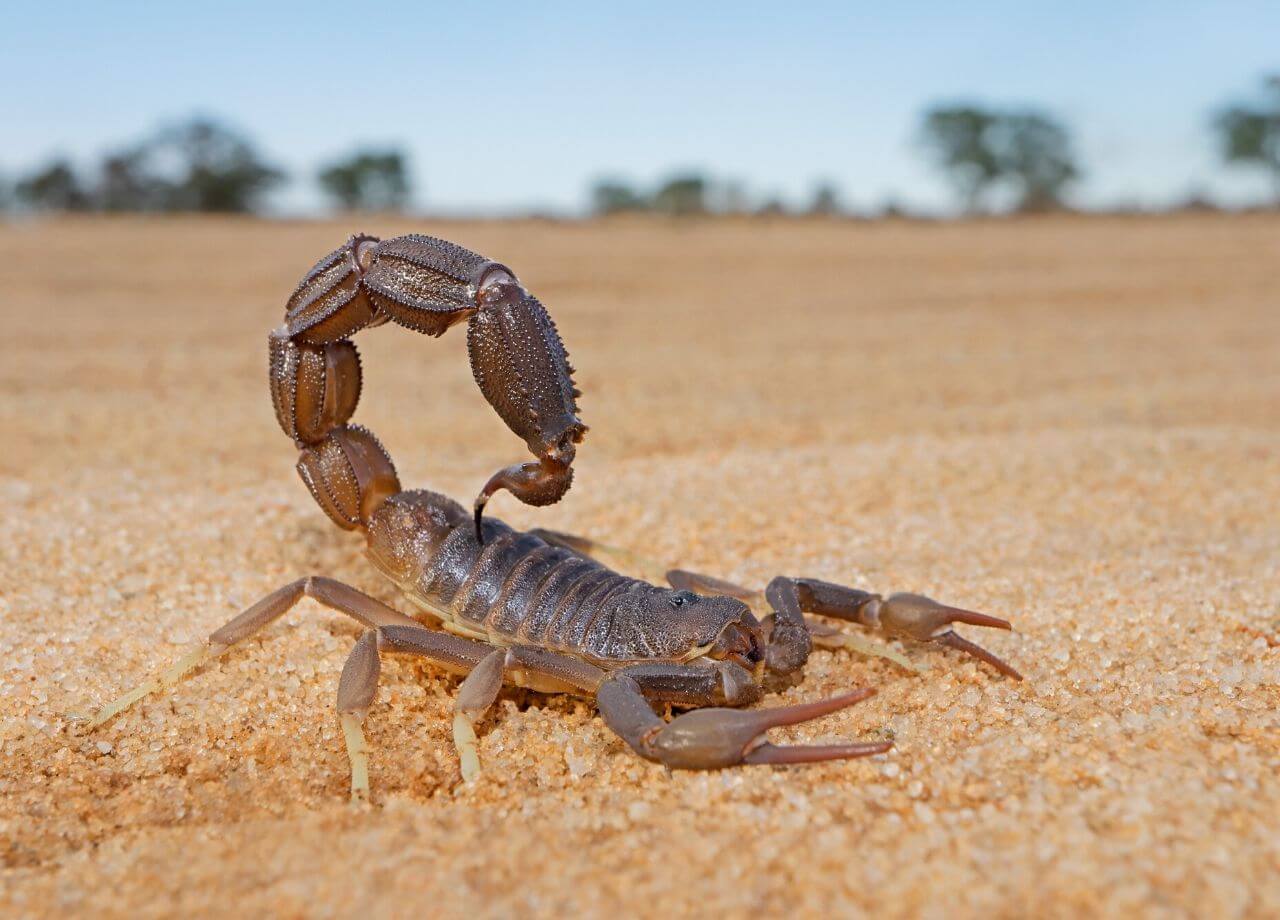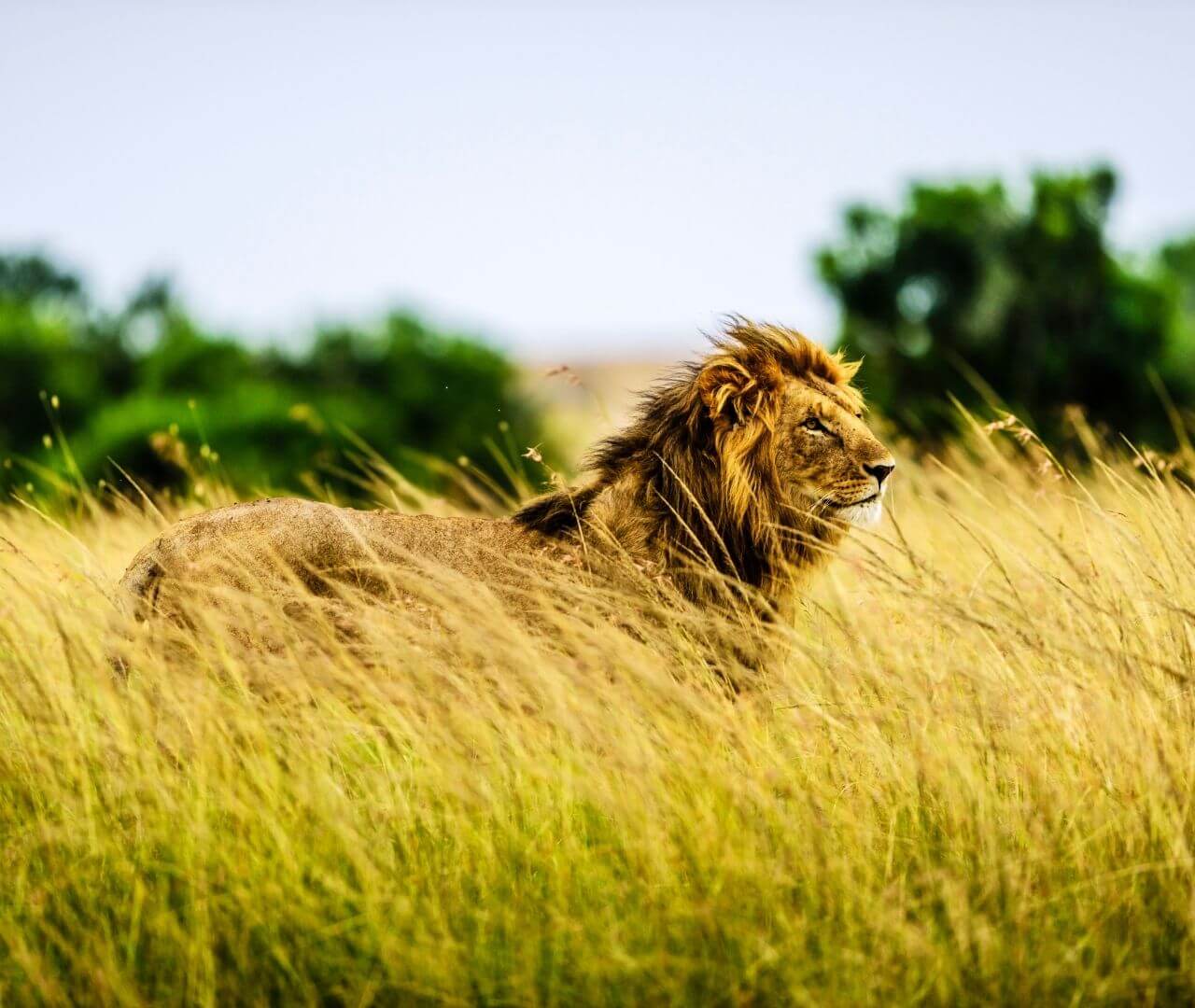Mammals and birds rely on bones to support their bodies and their movement. We depend on bones to keep our arms and legs in place and to protect organs like our brain and lungs. Invertebrates have evolved other ways to support their bodies and protect the important stuff, like a hard exoskeleton or stinging cells to keep threats away. Animals like lobsters and scorpions have hard outer coatings to protect themselves from predators and to support their body structure. Jellyfish and soft corals lack a hard exterior, which leaves them unprotected and with a flexible body shape. Many of these animals have developed stinging cells or toxins which they use to prevent becoming easy prey! Invertebrates are incredibly diverse in their body shape and structure, but all specialize in their own environments.
Incredible Invertebrates | What Makes an Invertebrate an Invertebrate | edZOOcating
Sarah Skebba • May 15, 2020
It is no secret that invertebrates don’t have the best reputation. Whether it is the pesky fly that won’t leave you alone or the little cockroach hiding in your foundation, most people don’t get the warm and fuzzies when they think about invertebrates. However, without invertebrates, life on Earth would be very different. As the largest group of animals, containing more than 95% of all animal species, invertebrates help regulate ecosystems by acting as a very important prey species and predator, by recycling nutrients, by building communities, and so many other ways. Plus, invertebrates are more than just the bees and cockroaches. I bet there are animals you love that you didn’t even realize were invertebrates…
Types
There are so many different invertebrates that it can be challenging to identify all of them, so we will focus on the larger groups. Arthropods are a group of animals that you are familiar with, even if you have never heard that word before! Arthropods are insects (like ants and butterflies), arachnids (like spiders and scorpions), crustaceans (like crabs and shrimp), and myriapods (like centipedes and millipedes)! While arthropods have a lot in common, each group has slight differences like how many sets of legs or body segments they have! Invertebrates also include mollusks (like snails, squids, and octopuses), annelids (like worms), and cnidarians (like jellyfish and coral). While a butterfly, an octopus, and a hermit crab might not have much in common, they all lack the major characteristic of vertebrates, bones!
Bones
Cold-Blooded
Invertebrates are found almost everywhere on Earth, across vast deserts to volcanic mountains to deep ocean bottoms. While these environments would be extreme for any animal, it is made even more challenging for invertebrates as they are cold-blooded, or ectothermic. They are not able to regulate their body temperature like a human or an elephant; their body temperature is determined by the environment around them. Invertebrates are able to survive in extreme ecosystems using a wide variety of strategies. Some are built for it and have thin membranes which trap heat. Others have to find or build appropriate housing with insulation to protect them, like a termite with their huge, dense mounds.
While they may not be your favorite group of animals, there is no denying that invertebrates are incredible, unique, and critically important. Without them, our world would not function at a balance. You would think that with the huge amount of invertebrates that inhabit the Earth that we don’t have to worry about them going anywhere anytime soon, but that is unfortunately not true. It is estimated that ~30% of invertebrates are at risk for extinction. It is time we start recognizing these amazing animals for the wonder and importance they have to the success of almost every single environment.

Spring days become longer, hotter. Bullfrog stands guard while his tadpoles squirm through a crowded puddle, bumping bodies and breathing the last bit of oxygen. For weeks, Bullfrog protected his tadpoles from perilous predators, all while their puddle home evaporated. He fended off hungry herons, and the puddle shrank. He fended off famished fish, and the puddle shrank. He even fended off other ferocious frogs, and still, the puddle shrank. Most frogs leave their eggs before they become tadpoles, but not Bullfrog. He cares for his tadpoles and the tadpoles of his neighbors. His instincts tell him to save them. Positioning himself between puddle and pond, he smushes and pushes mud to create a narrow path–a tadpole water slide. Slowly at first, then all at once, hundreds of tadpoles slip into the pond. Darting around, they replenish their oxygen and feast on water bugs making this pond their new home.




